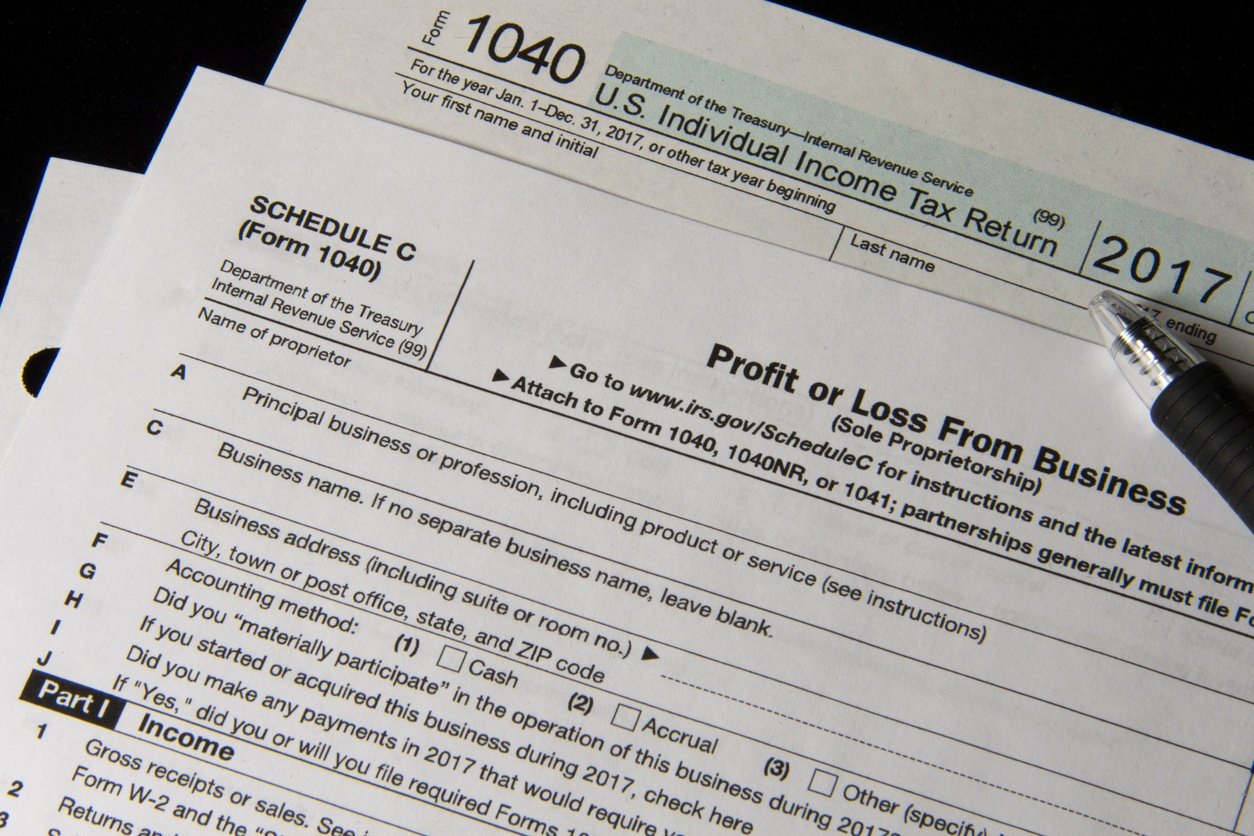What should you know about the student loan interest tax deduction?
Student loans are a means to an end for many college students, as the cost of tuition and earning a degree have steadily climbed over the last several years. While easy to get, student loans come at a cost. Interest accumulates on both federal and private student loans and must ultimately be repaid with the principal balance over time. For many student loan borrowers, however, one tax strategy helps reduce this burden each year.
The student loan interest tax deduction has been a topic of debate over the last year, as the current administration drilled down on tax cuts for Americans. While the interest deduction was slated to be eliminated, it has remained in play, offering some relief to qualified taxpayers. Here’s what you need to know about the student loan interest tax deduction.
What is the student loan interest tax deduction and who is eligible?
Under the current tax law, student loan borrowers can deduct up to $2,500 each year of student loan interest paid. The actual amount of the deduction depends on a taxpayer’s adjusted gross income, or AGI, which is total income minus any adjustments for the tax year. Both interest payments from required monthly student loan payments along with any extra interest payments made throughout the year may qualify for the deduction. It is important to note that borrowers are only eligible if they attended school on at least a half-time basis, and the school they attended qualifies for Title IV federal student aid.
While the student loan interest tax deduction offers some savings each year for eligible taxpayers, there are limitations. The IRS allows individuals who earn no more than $65,000 AGI to take up to the full interest deduction, but between this income amount and $80,000 AGI, the total deduction amount phases out. An individual taxpayer who earns more than $80,000 AGI cannot claim the student loan interest tax deduction. For married taxpayers, the income limit is $160,000 AGI combined. However, the total student loan interest deduction remains at $2,500 total for married couples.
Only interest paid throughout the year qualifies for the deduction, not interest that accumulates but remains unpaid on an outstanding loan. Also, student loan borrowers who receive help from parents or other sources can claim the deduction if they meet the income requirements, but the third party making contributions cannot. If the borrower is claimed as a dependent on someone else’s tax return, the deduction cannot be claimed by anyone.
Can I claim interest payments on refinanced student loans?
Some student loan borrowers believe that the student loan interest deduction is only available for payments made toward federal student loans. That is not the case. Refinanced student loans with private lenders also qualify for the interest deduction, so long as they meet the income eligibility limits. If federal student loans are refinanced with a private lender mid-year, both interest payments to the previous and the current loans qualify for the deduction.
What do student loan borrowers know about this interest deduction?
Although the student loan interest deduction has been available to qualified taxpayers for some time, its existence and availability are not widely known. Similarly, recent talks about eliminating the deduction under tax reform shifts are not fully understood or recognized among current borrowers. According to a LendEDU survey of 1,000 student loan borrowers currently in repayment, 55.4% of respondents shared that they are unaware of the proposed tax plan changes and its impact on the student loan interest deduction. Additionally, when answering a question about whether or not they would support tax revenue from eliminating the interest deduction being used for financial aid programs like grants, 24.40% said no while 22.1% were unsure.
When asked about claiming the student loan interest tax deduction in previous years, 46% said they had while 54% stated no. The majority of those who received the tax deduction put the money towards repaying student loan debt.
The student loan interest tax deduction was initially created to help student loan borrowers with some degree of financial relief when repaying their education debt. As it stands now, the tax law reform did not eliminate the interest deduction, meaning borrowers who meet the income requirements still have an opportunity to save each year. Although there is no telling how long the interest deduction will remain in place, borrowers who qualify should take advantage of the savings now.
More about Mike
Michael Brown is a Research Analyst at LendEDU, a personal finance comparison site based out of Hoboken, New Jersey. In his role, Michael uses both survey and publicly-available data to identify and analyze emerging personal finance trends, in addition to telling unique stories with original data. Michael's work has been featured in just about every major media outlet, including The Wall Street Journal, The Washington Post, Forbes, Bloomberg, and CNBC. In his free time, Michael enjoys resting with his 15 year old dog Bosco, attending the world's biggest horse racing events, and brushing up on his U.S. history.







Get Our Latest Updates and News by Subscribing.
Join our email list for offers, and industry leading articles and content.